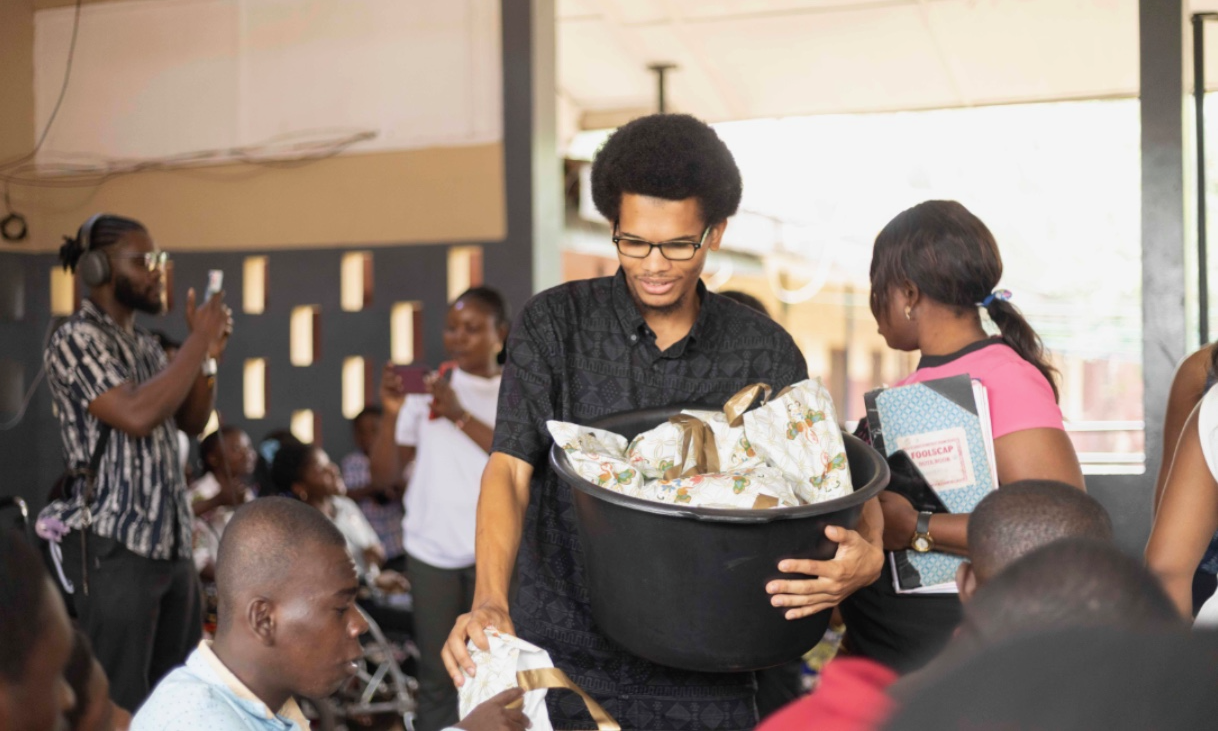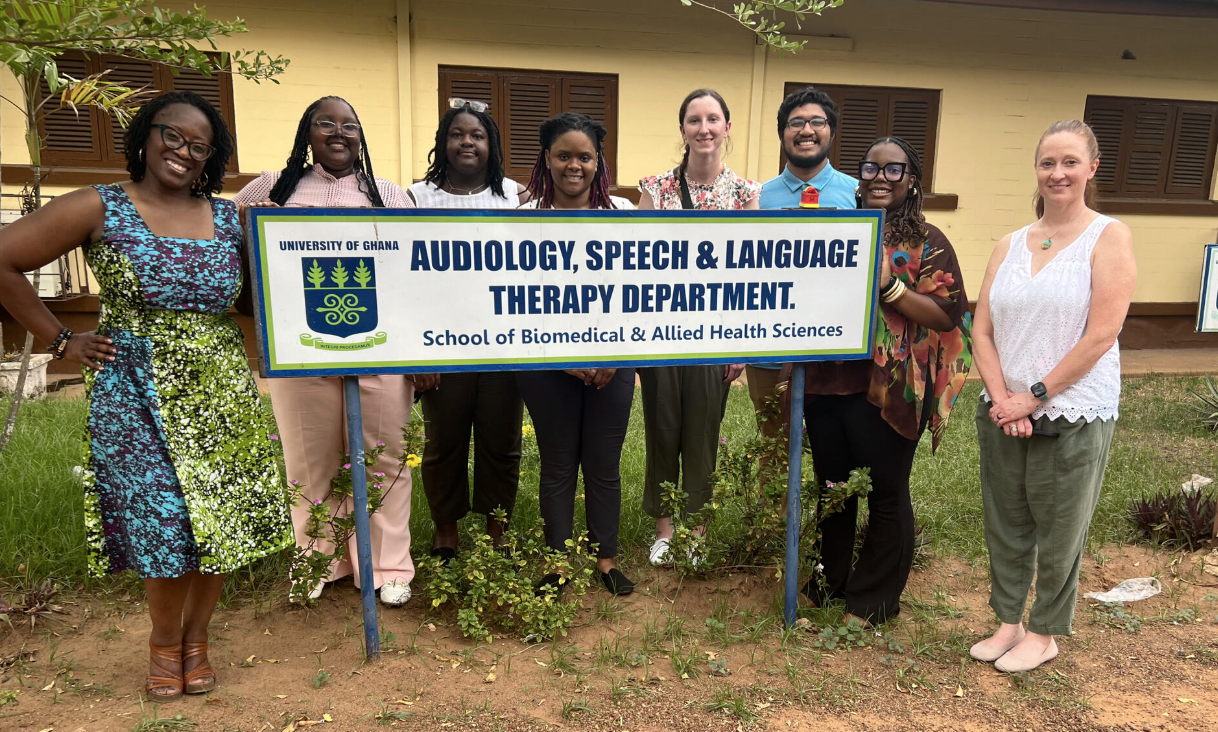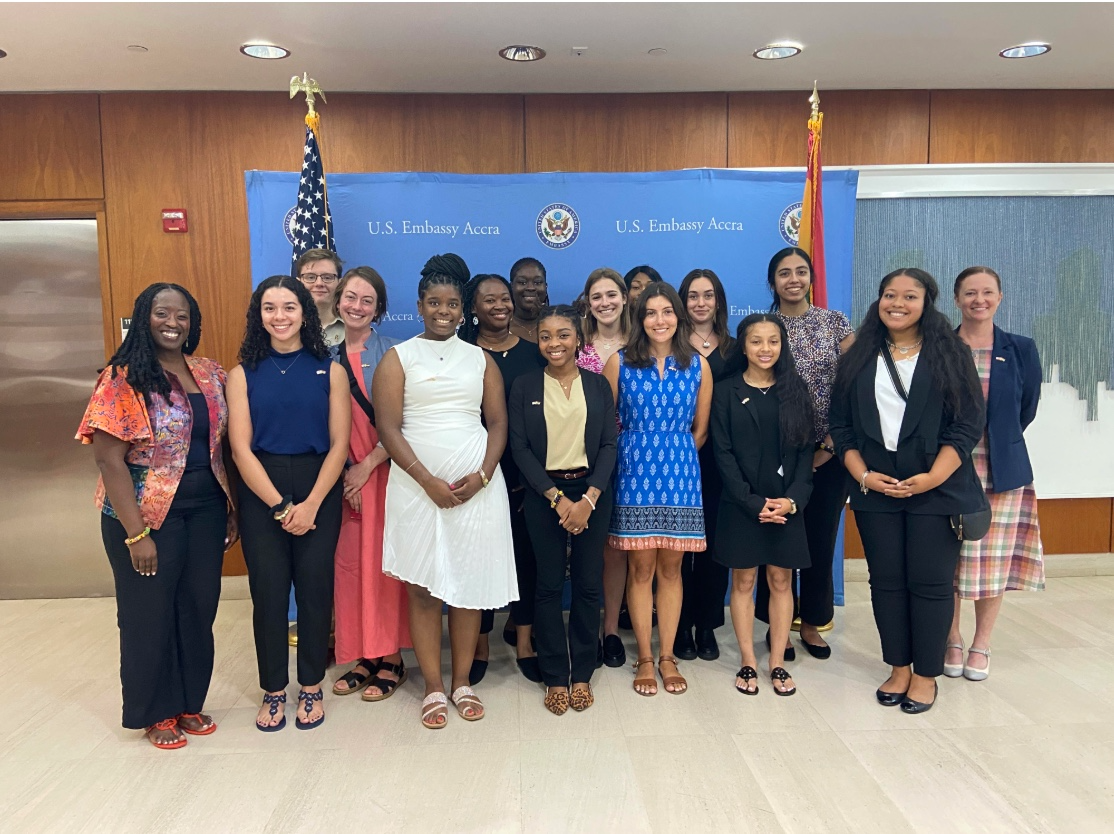
Global Perspectives in Service-Learning (HESP-GPS) is the department’s premier educational abroad program that will provide students with a supervised and multidisciplinary, international service learning (ISL) opportunity for the reciprocal exchange of cultural perspectives, knowledge, and skills. Through interactions with International health and educational professionals as well as patients/clients and their families, students will gain perspective on broader health issues such as determinants of health, health disparities, and the global burden of disease. Students will have learning opportunities in governmental and non-governmental organizations to gain knowledge and experience with varied healthcare and educational systems in under-resourced communities. In addition to observing and working with the host country's audiologists, speech-language therapists and other rehabilitative professionals, students will assist faculty in providing educational workshops for professionals and outreach activities for the community. Graduate students will be able to earn clock hours and get hands-on clinical experiences, while undergraduate students will be able to get observational hours and participate in all aspects of the trip. In addition, there will be time for cultural activities that will explore the country, allow for learning about the history, and provide a different narrative than the ones provided in the media. By the end of the program, students will be able to demonstrate competence in clinical service learning using a culturally responsible, effective, and sustainable framework.
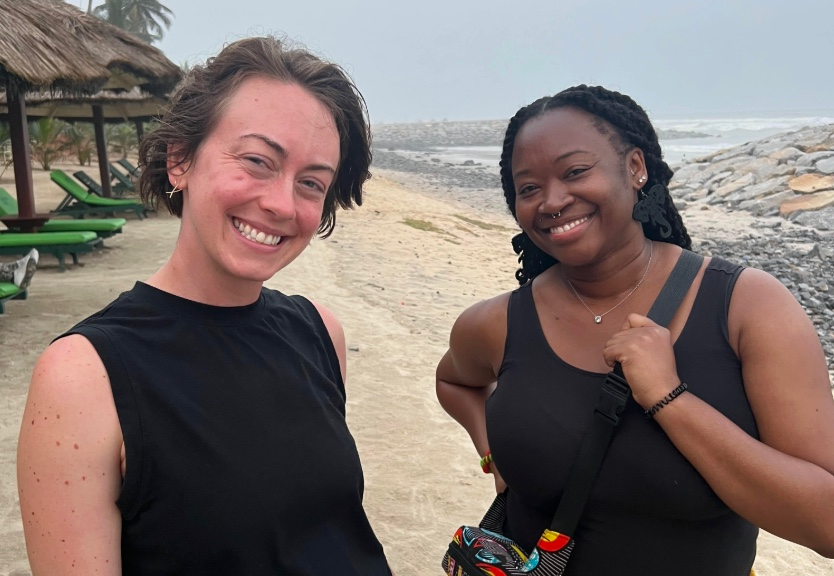
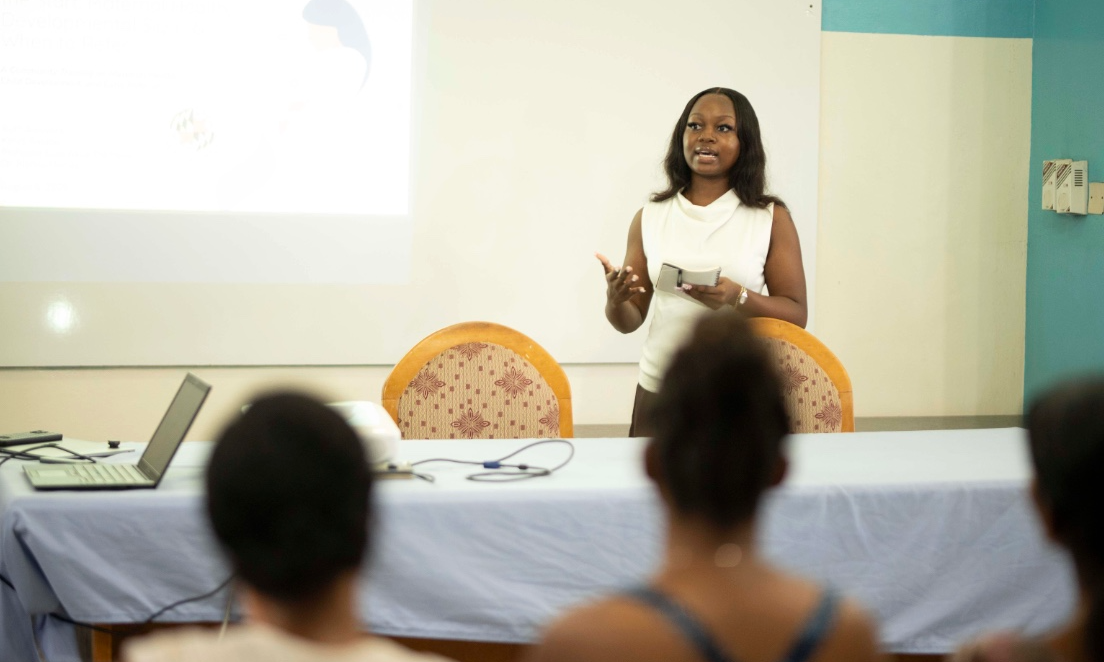
How do I apply for HESP-GPS?
HESP-GPS is a limited capacity program. Applications will be available to students during the semester preceding the education abroad opportunity. Applications consist of an online form, a statement of interest in the program, and a current resume.

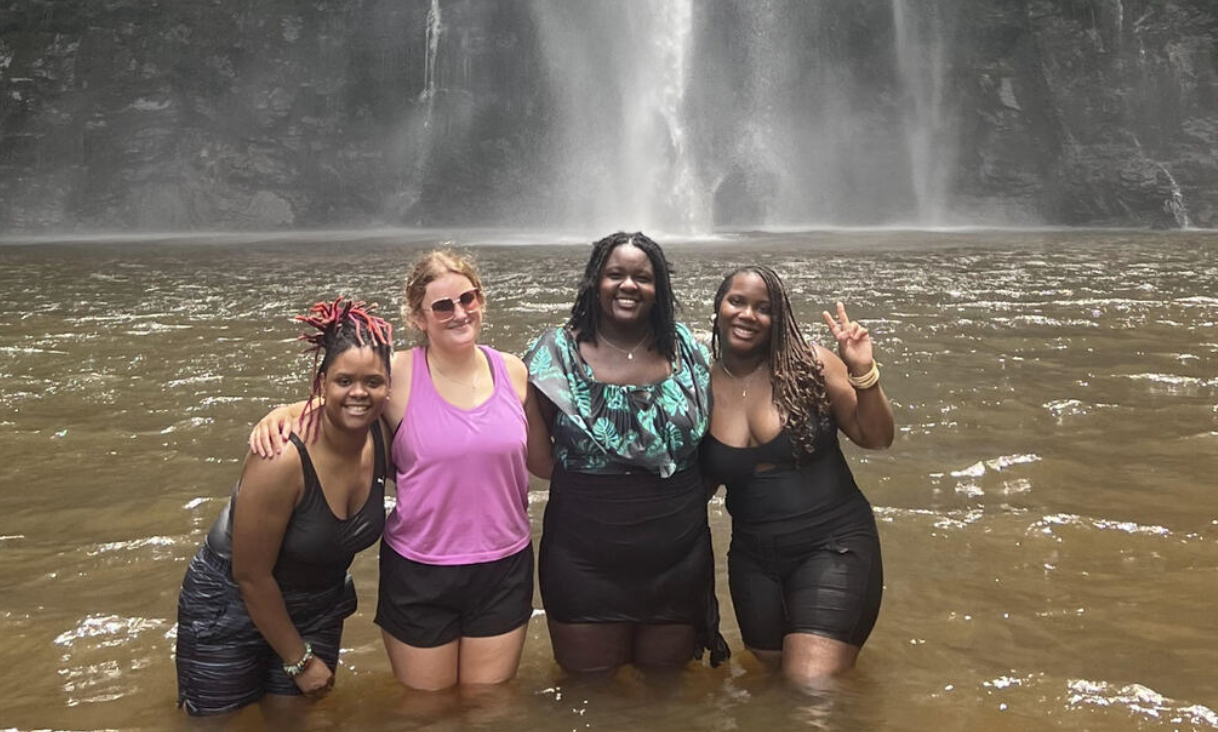
Program Objectives:
To provide students with an international, inter-professional service-learning opportunity that exposes them to educational and healthcare systems in low resource communities to enhance their cultural sensitivity and understanding of global health issues
To strengthen established partnerships and build new relationships between the University of Maryland and host country’s audiologists, speech-language therapists, rehabilitation professionals, teachers, and students.
The program has four core areas of focus: Coursework, Clinical Training, Service Learning, and professional participation. In addition, cohorts will meet 5-6 times prior to traveling to learn about the country, prepare and engage in dialogue surrounding a wide range of topics.
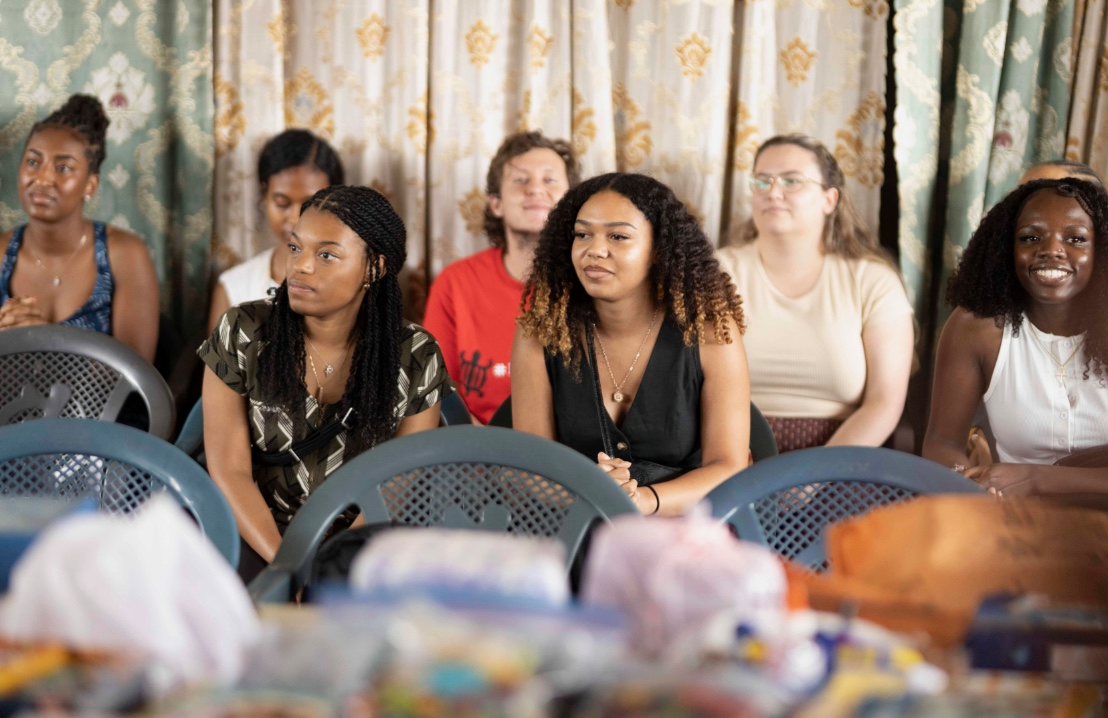
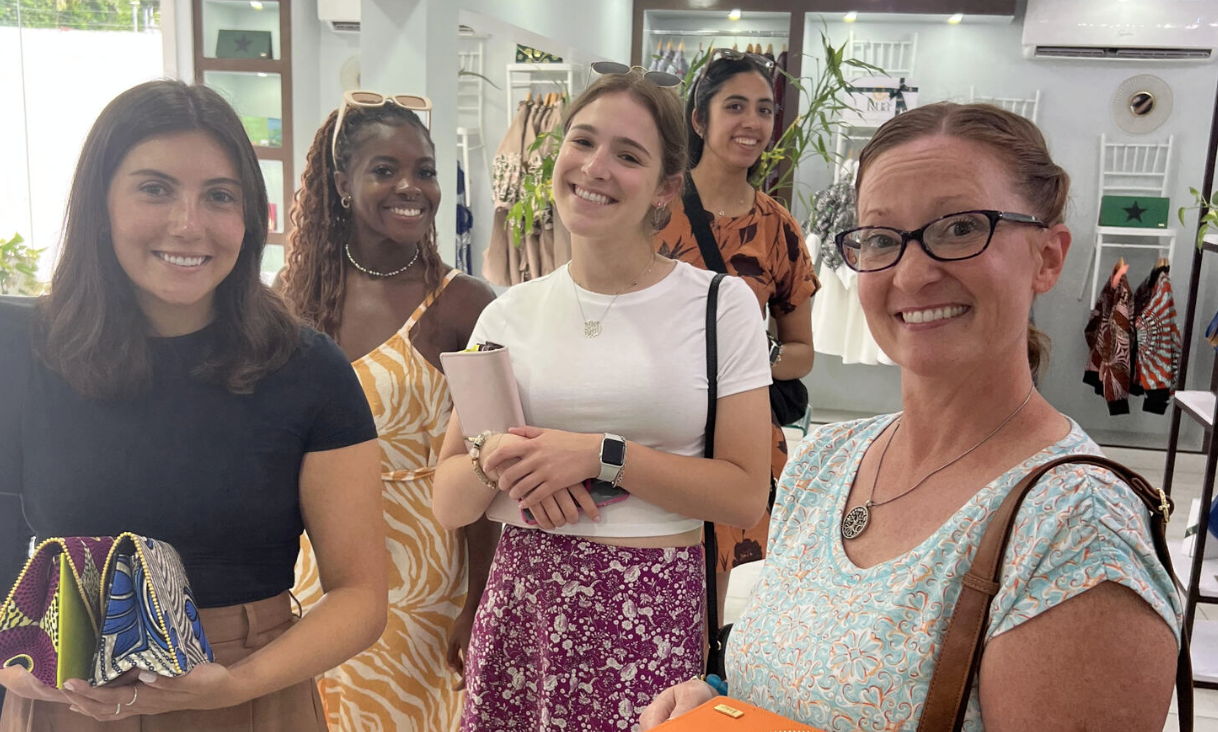
Course Overview and Goals:
HESP graduate and undergraduate students in speech-language pathology and audiology have had the opportunity to travel to Ghana for the past three years. The program is proud to add a Caribbean destination to our portfolio and are happy to announce that the 2026 trip will be to Puerto Rico.
Through participation with Global Perspectives in Service learning, (HESP-GPS, Global Perspectives in Communication Disorders), UMD students will travel to Puerto Rico to engage in international experience with communities for a collaborative and sustainable service learning program. . Through a global public health lens, students will have the opportunity to interact with health and educational professionals as well as patients/clients and their families. This hands-on program will include engaging with local Puerto Rican educators, scholars, and rehabilitation professionals through lectures and panels, collaborative exchanges, workshops, interviews, and site visits to educational and cultural sites. This offering of HESP 458/659 will be a truly interdisciplinary experience that integrates the study of communication sciences and disorders with public health practice.
For questions, please email the program director, Eliza Thompson Ed.S, CCC-SLP
Information about partnerships are on the way! Check back with us soon!
More information about all the ways to support us are on the way. In the meantime, consider supporting our general fund: https://giving.umd.edu/GIVING/Fund.php?name=hearing-and-speech-sciences-study-a…
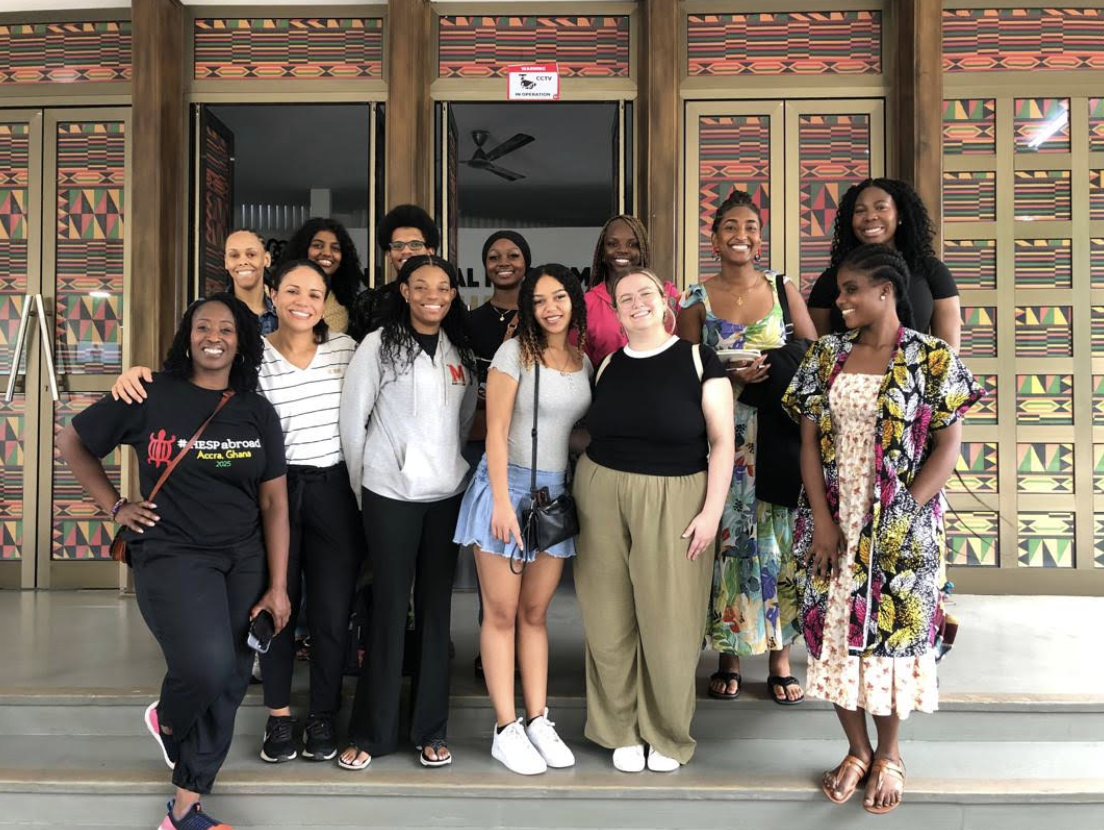
 Fading Signals: The Quiet Retreat of DEI in Communication Sciences
Fading Signals: The Quiet Retreat of DEI in Communication Sciences
We might be witnessing the twilight of cultural competence in our field—one of the last fragile sparks of diversity drifting through the halls of speech clinics, classrooms, and conferences. But this isn’t some slow, inevitable shift. It’s deliberate. And it’s happening now.
By: Professor Eliza Thompson
 HESP-GPS - From Heritage to Practice: My Journey to Ghana as a Public Health Student
HESP-GPS - From Heritage to Practice: My Journey to Ghana as a Public Health Student
Life has repeatedly shown me that no matter how much we prepare, we’re often met with the unexpected. That truth became clear through my family’s story. Watching my parents navigate the complexities of building a new life in the U.S. after leaving Ghana taught me about perseverance, sacrifice, and the need to adapt when circumstances shift. Their journey made me realize that growth doesn’t happen in the safety of certainty. It’s in these uncertain spaces that growth becomes possible.
By: Karys Amatie

Ghana 2025: From Student To Culturally Responsive Clinician
As a future speech-language pathologist, I thought I knew what it meant to be culturally responsive before I left for Ghana. To use pictures that represent Black children for materials and visuals, as this is the predominant population in Ghana.To create materials in English, as this is the official language of instruction in Ghana. To train parents and guardians on the best ways to enhance the child’s communicative skills.To explain the importance of a multi-disciplinary approach where a child has a whole team of specialists dedicated to their needs; yet what a Western way of thinking all of these concepts are.
By: Gina Tetteh
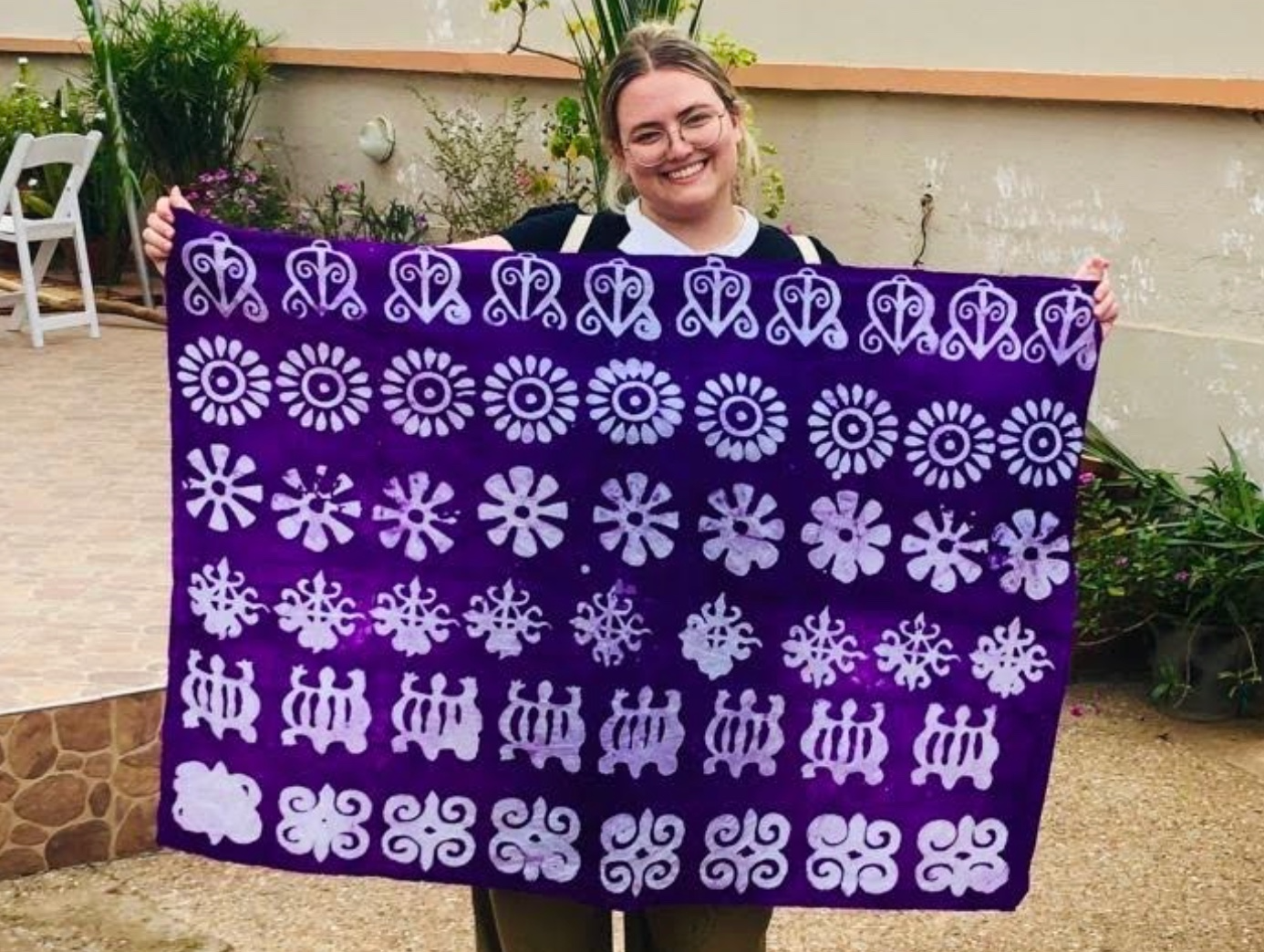
Jambalaya and Jollof: Why Cultural Roots Matter in Speech Therapy
There were times when I felt more at home in Ghana than I do in Maryland. I was born and raised in New Orleans, Louisiana. I have always thought there is no place else like it in the world: the people, the food, the traditions. However, seeing colorful glass shards on top of fences, beautiful murals painted under highways, and chickens roaming through the streets in Ghana felt familiar.
By: Christine Chauvin

HESP-GPS: Culture through the lens of a foreigner wanting to call Ghana home
I have had a worthwhile experience while staying in Ghana because I’ve finally experienced the culture I’ve only seen through the screen or by word of mouth. I’ve seen and heard so many beautiful stories that are worth being told because the outlook of Ghana’s people shines so bright it overlooks any negatives that are plagued throughout the media
By: Makayla Anfuson
 Global Humility and Reciprocity Among Audiology and Speech Pathology Professionals
Global Humility and Reciprocity Among Audiology and Speech Pathology Professionals
This trip has helped me understand the value of nurturing your passion and building your network. These are values and skills I am excited to carry with me for the rest of my career and continue to spread these positive messages!
By: Lindsey Hoffman
 Transformative Journey: How Ghana Rewrote My Narrative
Transformative Journey: How Ghana Rewrote My Narrative
To truly understand the genuineness of the Ghanaian people, you have to experience it firsthand. Whether in clinical settings, or simple public outings, we are welcomed and we are taken care of. This is something that I never could have picked up from an article, book, or story.
By: Jaime Nester
 HESP-GPS: Cultural Competence, Socialization, and Change
HESP-GPS: Cultural Competence, Socialization, and Change
As a Black American from the African Diaspora, I felt a distant connection to my ancestral roots and wondered what the realities of African cultures and history were compared to the muddled truths and myths that have been perpetuated in the United States. To visit the Motherland seemed like an opportunity that would never present itself.
By: Platrina Alexander
 HESP-GPS: Navigating Linguistic Landscapes in Ghana and Beyond
HESP-GPS: Navigating Linguistic Landscapes in Ghana and Beyond
Ghana, with its rich tapestry of languages, presents a vivid example of linguistic diversity that mirrors the challenges and opportunities of its history.
By: Joi Kenner
For additional information, contact the Director of the program:

Eliza Akua Thompson, Program Director ethomps2 [at] umd.edu
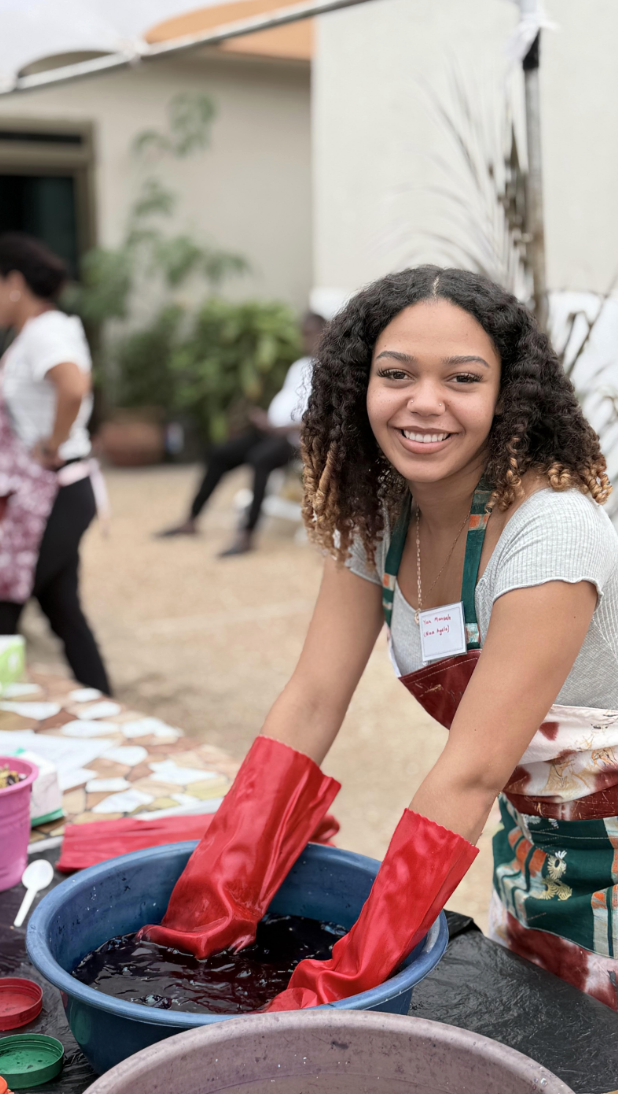
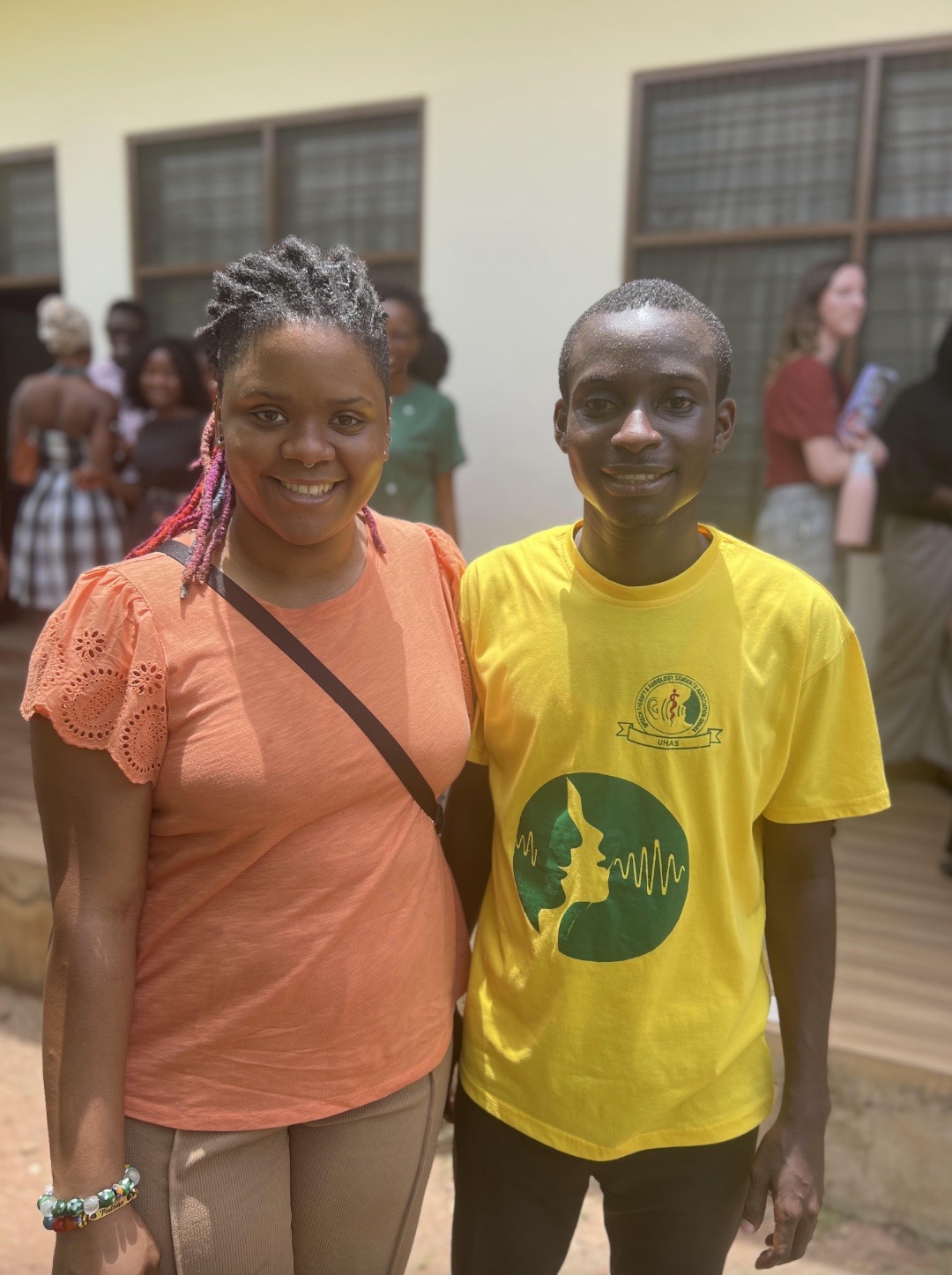
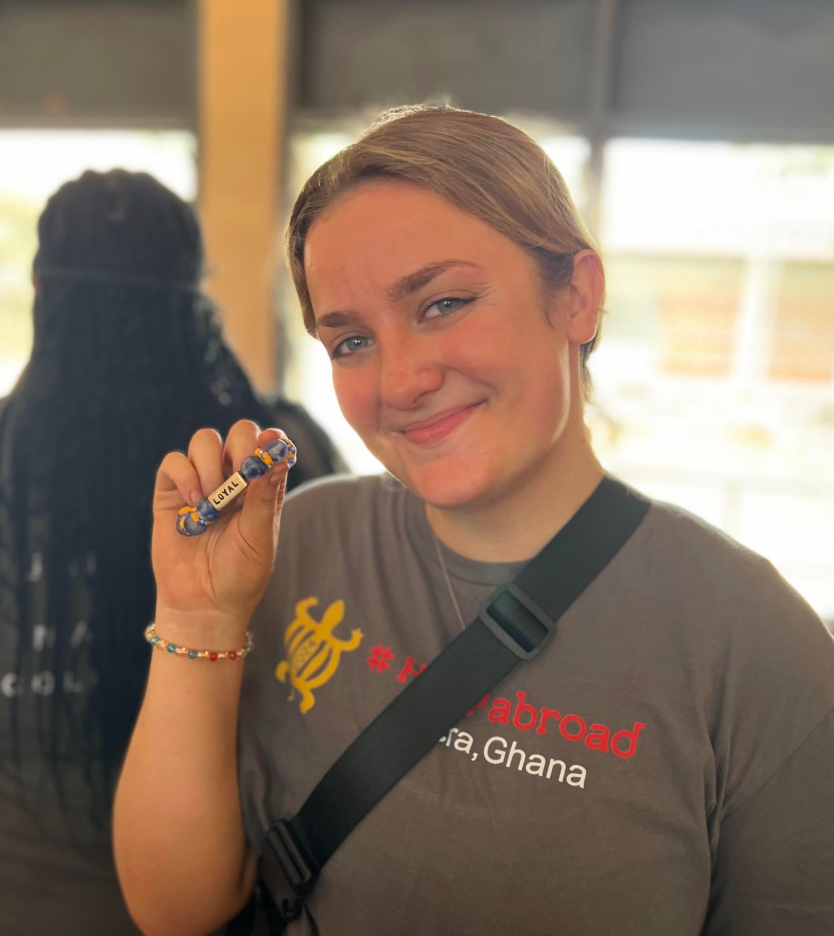
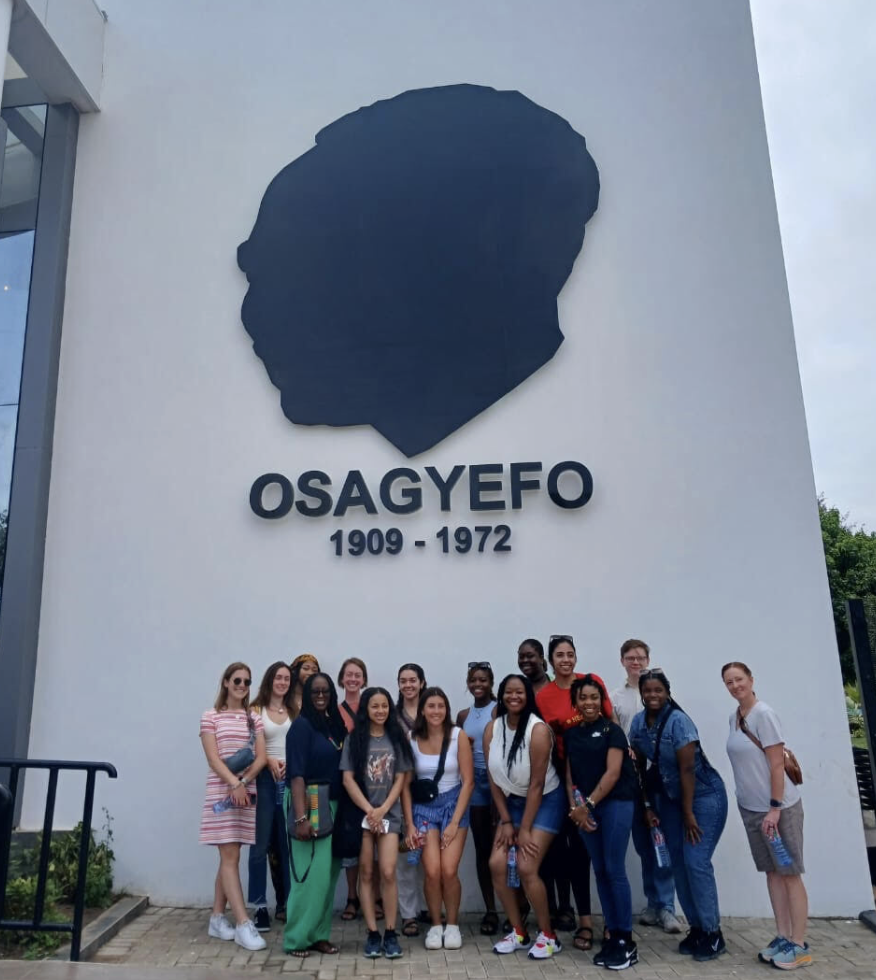
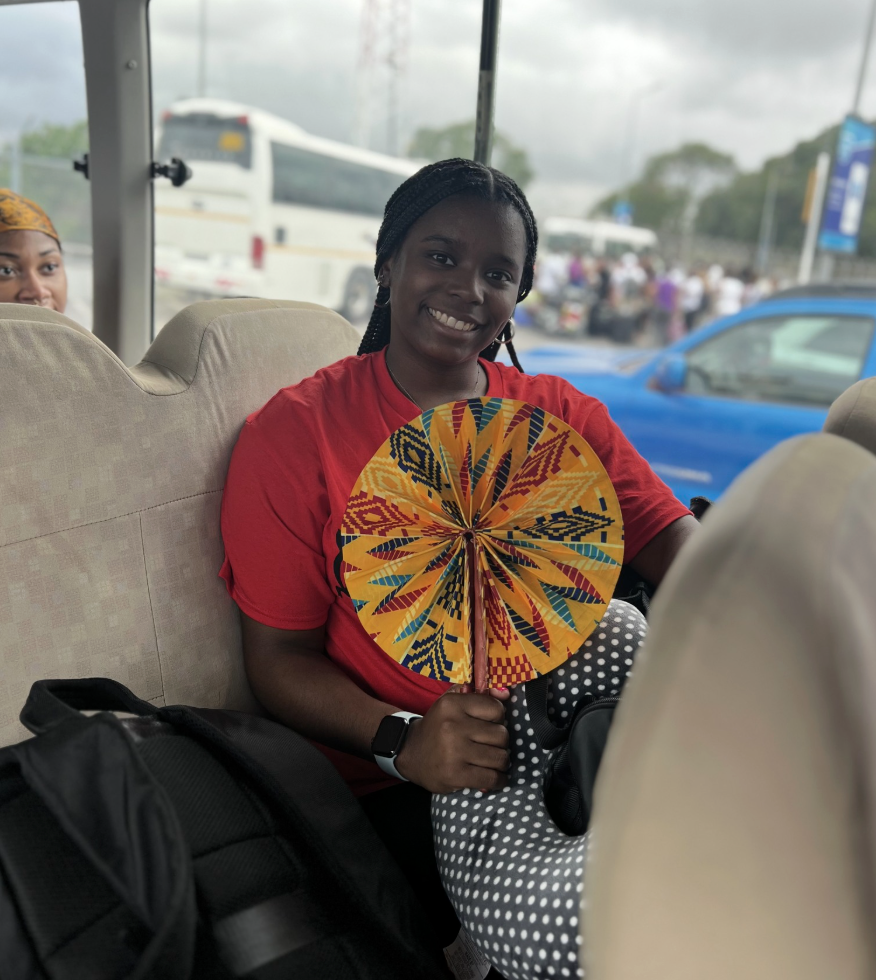
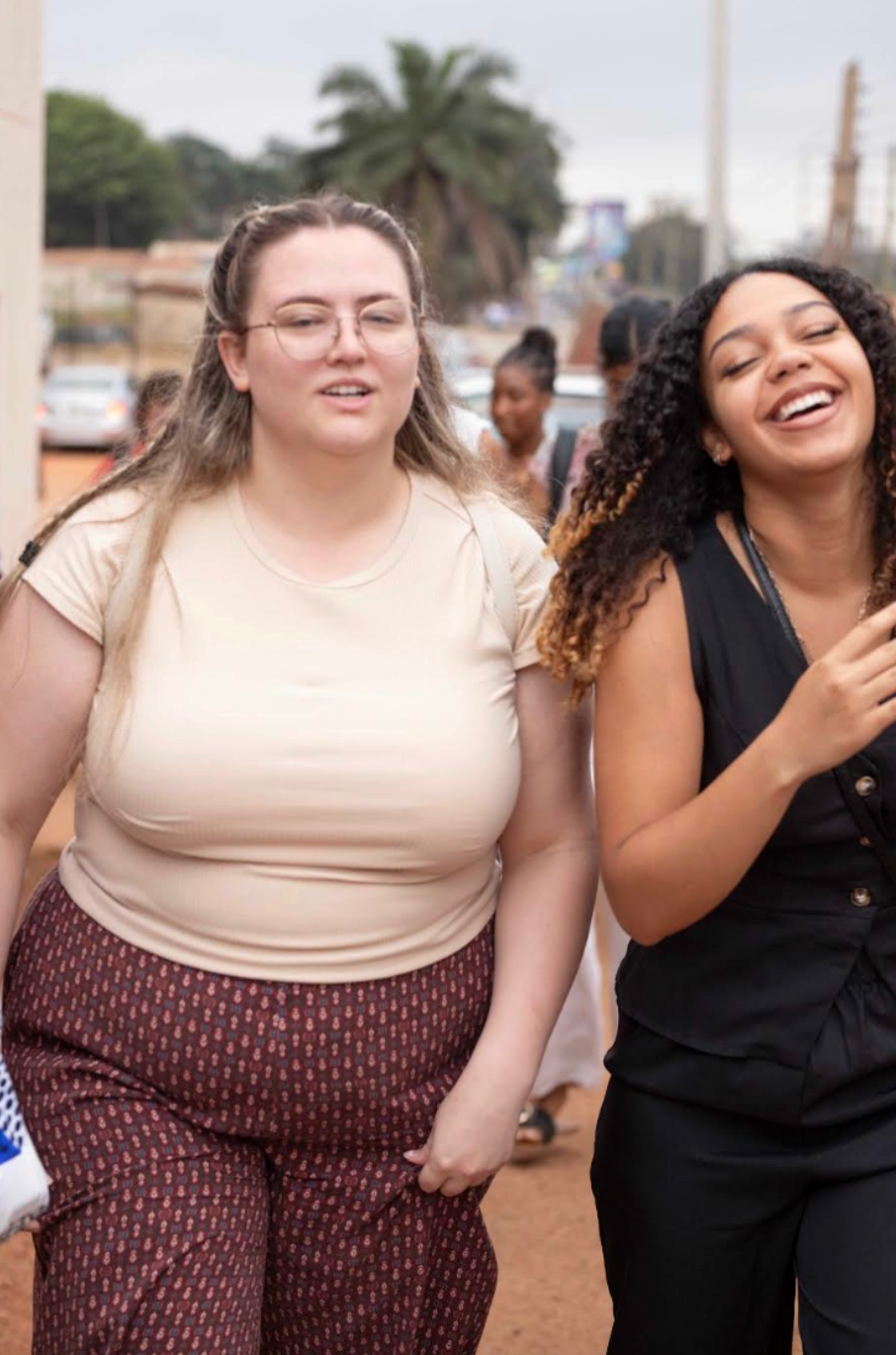
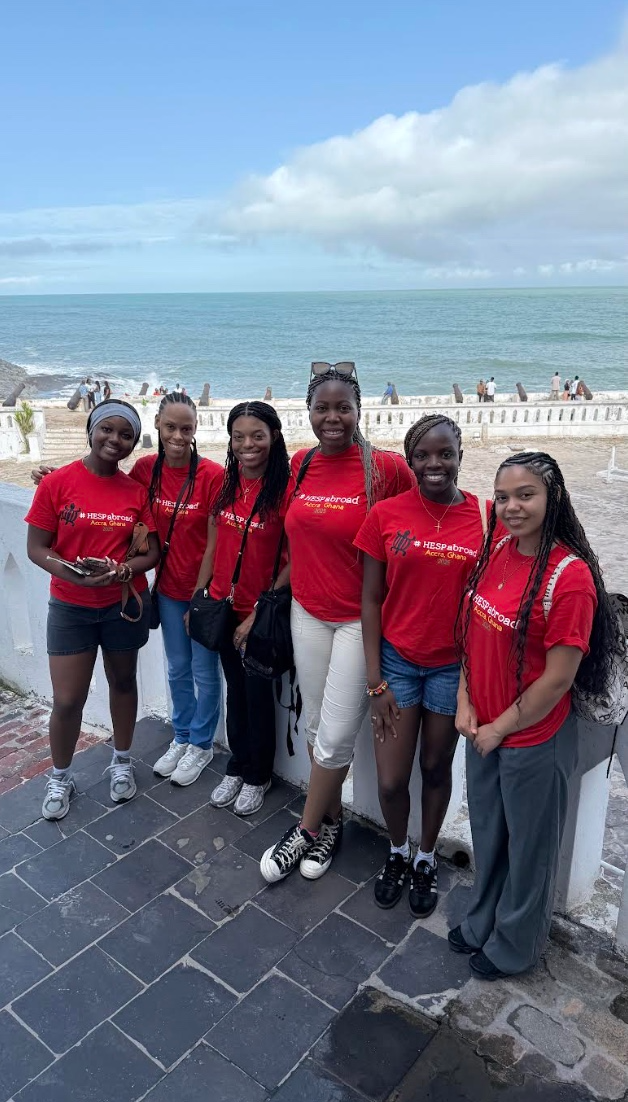
Please see this highlight reel to see what our students experienced in Ghana.



